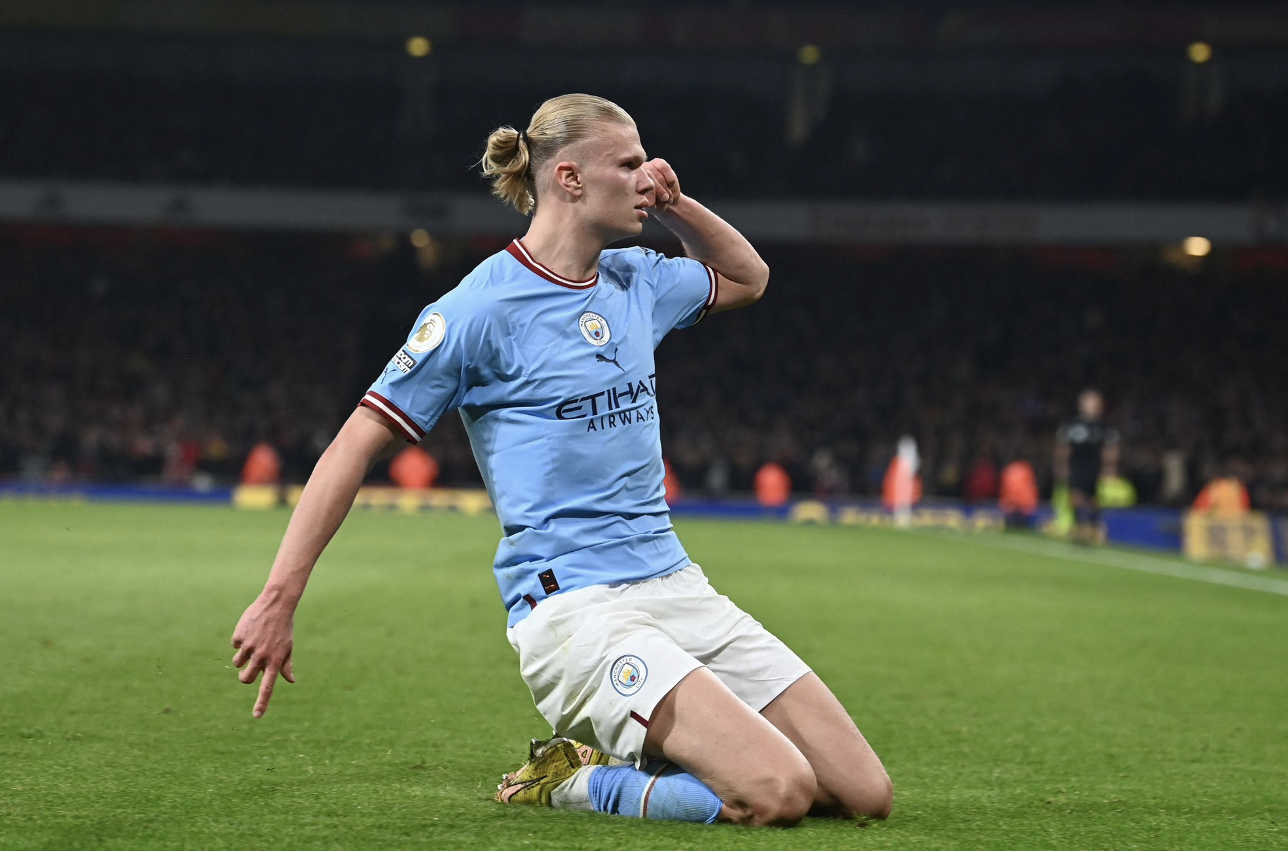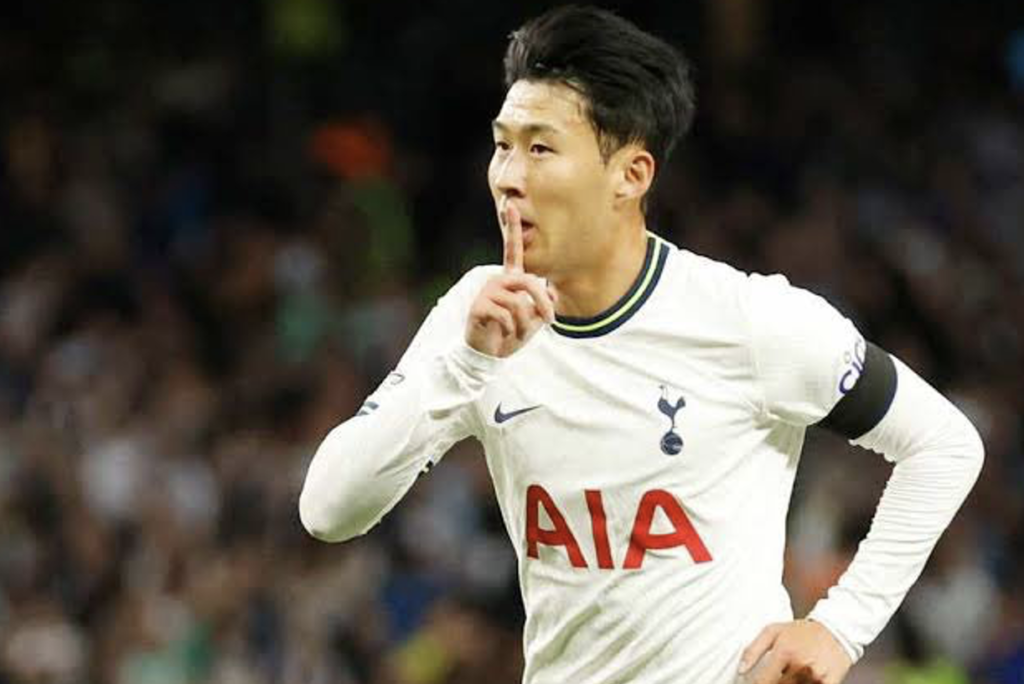February 24 – At the beginning of February, Deloitte crunched the numbers for Premier League transfer spending, looking back at the recent January Wwindow, as well as the spending in the summer of 2022. As Deloitte pointed out, the figures were startling, with records being broken on all fronts.
A case in point is the £815 million spent in January – up 90% from the previous record. That, coupled with the record spending in the Summer Transfer Window, brought spending up to £2.8 billion for the 2022/23 season, another record high.
We know, of course, that the Premier League is football’s most popular product. It’s not just the television broadcasts, but auxiliary activities like betting on the Premier League and Fantasy Premier League that attract millions of fans globally, and they all combine to feed into the ecosystem of that product.
It’s been that way for a long time, but the gap seems to be increasing, not narrowing. As an example, Premier League transfer spending accounted for almost 80% of all the top five leagues in Europe this season, which is another record. Some may view this as cyclical, referencing the balance of power moving from Italy in the 1990s and Spain in the 2000s to England today. But the dominance is unmatched.
More takeovers are likely
Moreover, there is every chance that the gap does not just grow, but accelerates. It’s fashionable to talk of the Big 6 in the Premier League – Manchester City, Manchester United, Liverpool, Tottenham Hotspur, Chelsea, and Arsenal. But teams like Newcastle United now have the financial might to insert themselves in that bracket. Newcastle’s takeover by the Saudi Public Investment Fund (PIF) will hardly be the last time we see mega-rich owners propel a mid-table Premier League side into the big time.
On the subject of takeovers, one of the biggest deals in sports history looks set to go through as the Glazer Family has signalled that it will sell Manchester United. The fee for one of the world’s most venerated sports clubs looks set to be at least £4.5 billion (the Glazers want $6 billion), perhaps even more if there is a protracted bidding process. That sale will come with the caveat that the club requires serious infrastructure investment, debt restructure, as well as the constant outlay for transfers and wages that are required to compete in the division. While it’s likely that United will acquire a rich owner, for whom making a loss won’t bother, it’s also likely that they will have done their sums and feel that they can at least break even somewhere down the line. The commercial revenues that a club like United can attract attest to that fact.
A growing gap
Perhaps the most pertinent question is whether the largess of the Premier League hurts the rest of football. We saw in the 2022 World Cup that a global audience can still be enthralled by other competitions, but one wonders whether the continental competitions will be stung by the allure of the Premier League. Sure, the Real Madrids and Bayern Munichs of this world might still be able to attract the best players, but that gravitational pull is somewhat weaker. Would anyone seriously countenance Madrid bullying Premier League teams for their best players like they did in the Galactico era?
Indeed, it is going to be intriguing to see how UEFA acts – or whether it will act at all – in light of this shift in the balance of power. The idea of a European Super League has been mooted and then quashed, but it has also been noted that England is effectively creating a Super League on its own. If there is any suggestion of a threat to, for example, the UEFA Champions League, then one can see UEFA trying to dilute the Premier League’s dominance. Still, if anything, UEFA’s previous attempts to uphold Financial Fair Play have been rather toothless.
In the end, it’s perhaps going to be the Premier League itself that reins in its own largess. The current investigation into Manchester City, which has been accused of fiddling the books in order to appear compliant with financial spending rules might act as a catalyst for other clubs to rein in spending. Consider, for example, the loophole that Chelsea exploited to spend so much money on transfers over the last two Transfer Windows. Still, it’s not going to be in the Premier League’s best interests to go hard on its own clubs. So it seems that its position as the most powerful league in football is here to stay.
Contact the writer of this story at moc.l1745359780labto1745359780ofdlr1745359780owedi1745359780sni@o1745359780fni1745359780


